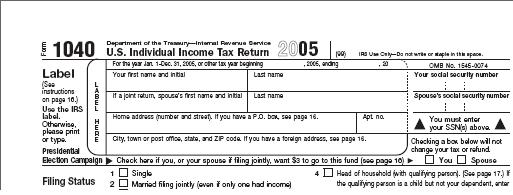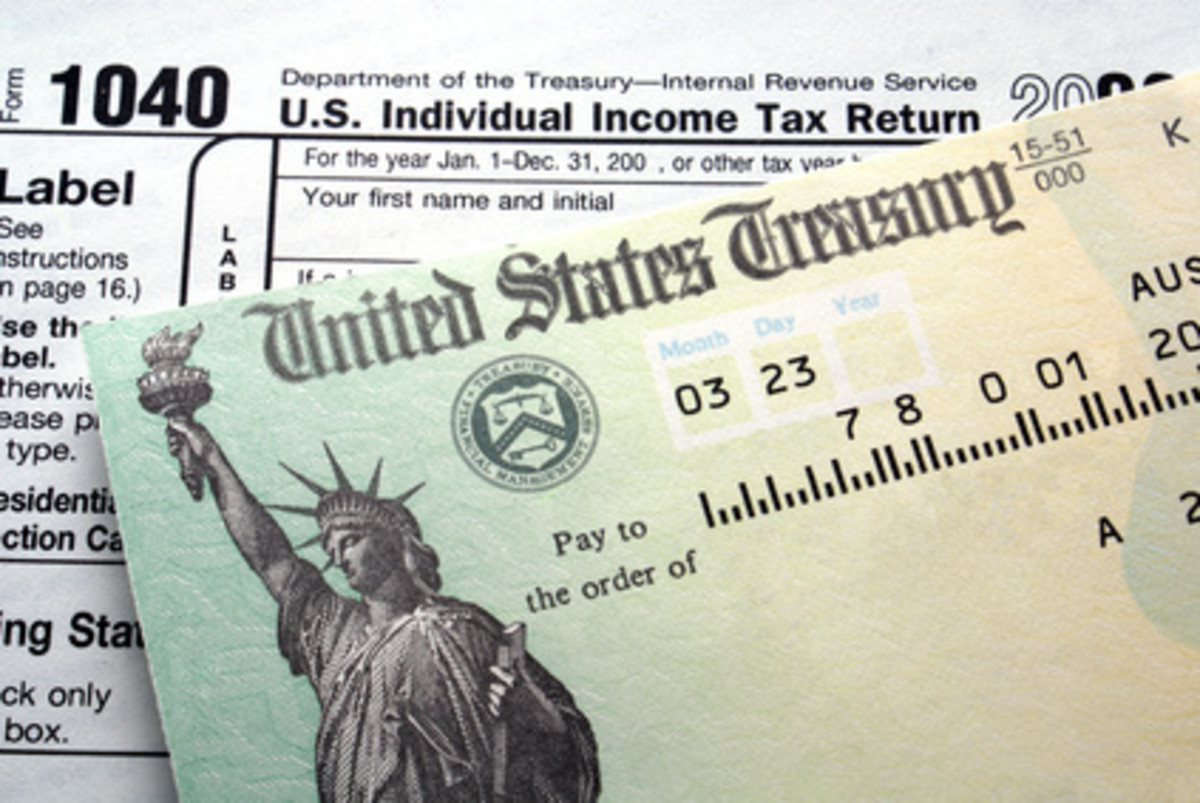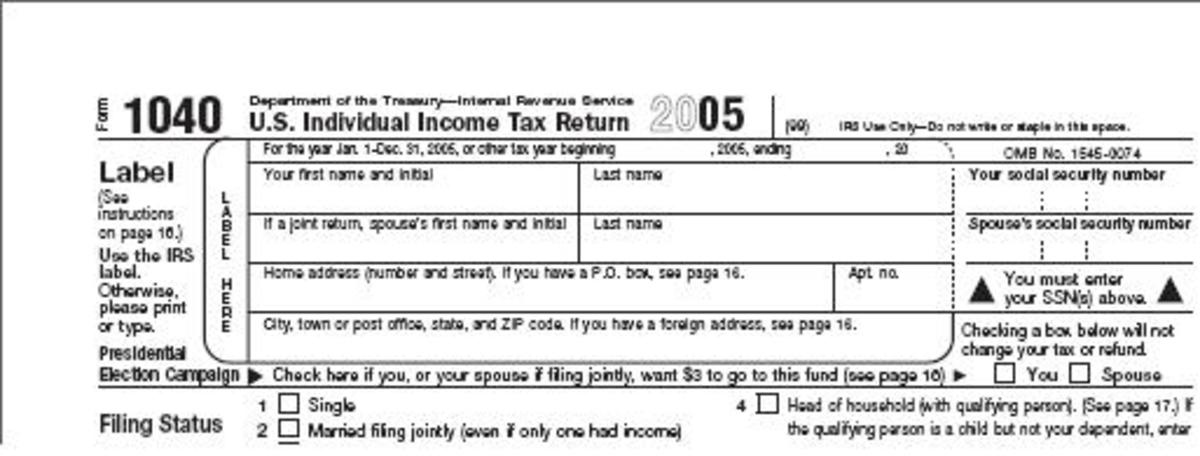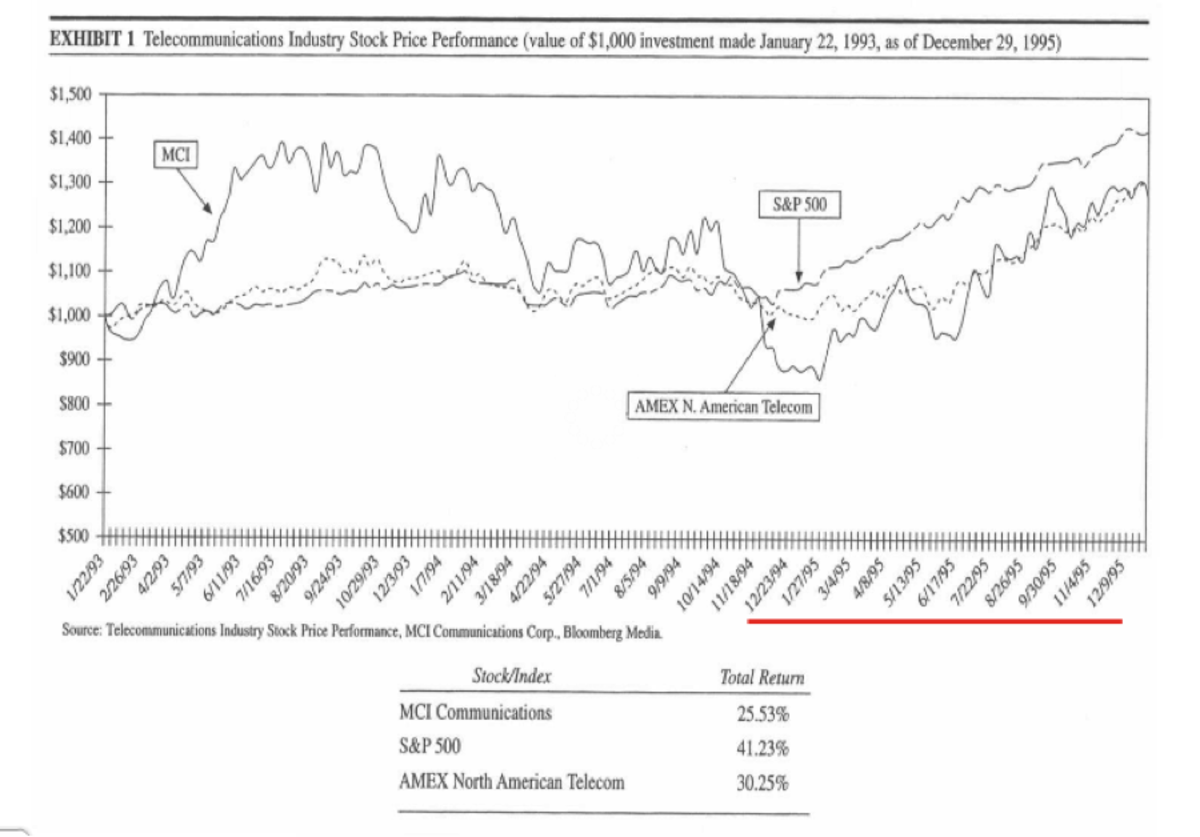Rolling Stones Prove Tax Cuts Work
Many Continue to Believe That Tax Cuts Don't Work
In a previous hub entitled How Tax Cuts Work I attempted to explain how reducing high marginal tax rates encourages people to work and produce more. This leads to a larger income base on which to levy taxes and consequently an increase in the amount of taxes collected as a result of a lower rate being applied to a much larger base of income. Despite the fact that the Coolidge tax cut in the 1920s, the Kennedy-Johnson tax cut in the 1960s, the Regan tax cut in the 1980s and the Bush tax cut a few years ago all led to both increased economic growth and increased tax revenues, many people still don't believe that tax rates affect people's work behavior.
Countries Compete for Taxpayers
For those who still feel that people do not respond to tax rates as an incentive or disincentive to increase or decrease work and economic activity, an article in the Money section of the February 4, 2007 edition of the Sunday New York Times by Lynnley Browning entitled The Netherlands, the New Tax Shelter Hot Spot describes how Sir Mick Jagger, Keith Richards and Charlie Watts of the Rolling Stones Rock Group, along with U2s Bono and others have flocked to the Netherlands to take advantage of tax shelters designed especially for artists whose income comes from royalties and global corporations.
What we are seeing here is not just proof that people respond to lower tax rates and that cutting taxes generates more revenue for the government, but the emergence of a competitive market in taxes. National governments of major countries are starting to join micro states in competing for the tax dollars of wealthy individuals and global corporations. According to the New York Times article the three members of the Rolling Stones have channeled about $402 million in income through Holland and have paid Holland $7.2 million in taxes – that works out to a tax rate of around 1.5%. Had the $402 million landed in Great Britain, where the three members of the Rolling Stones are citizens, the tax rate would have been 40%. Holland's 1.5% tax on the Stone's income generated $7.2 million for the treasury while Britain's 40% generated $0.
Unlike the average person (including wealthy people) who live an work within a single nation, people like the members of the Rolling Stones and U2, are global performers who work in numerous nations, each with their own tax laws, and are thus subject to a multitude of different tax regimes. However, being global gives these people some additional options. A worker in a single nation can only respond to changes in marginal tax rates by increasing or decreasing the hours they work. However, in addition to increasing or decreasing the hours they work, global workers (especially entertainers like the Rolling Stones and U2 who perform all over the world), can continue to work the same number of hours per year but can save on taxes by increasing or decreasing the amount of time they spend (and thus how much they earn) in different countries. Being global, it is also relatively easy to shift their domicile (where they have their permanent address) to a low tax country and invest their savings in a low tax country.
From the point of view of taxing authorities in the various countries, when a global worker deliberately limits the time spent each year living and working in the country, the result is the same as a resident worker reducing the number of hours spent working. In each case income generated in the country is less than it could be and the amount of taxes generated on that income are also reduced. Accomplishing this requires a certain dexterity on the part of the global worker. First is the issue of their domicile. Simply buying a home in a country which either doesn't have an income tax or has one with low marginal rates and listing that as your permanent address won't work. To save on taxes, one has to become a tax exile meaning that they have to exile themselves from their homeland for a good part of the year – in the United Kingdom if one spends more than 90 days per year in the country they lose their tax exile status. The French are a little more lenient in that they allow tax exiles to spend up to 182 days per year in France. Next, there is the issue of time spent working in each country. Recognizing the demands of the global economy, most countries attempt to differentiate between occasional workers, like consultants and performers and those foreign workers who spend longer periods working in the country. The occasional workers usually get tax breaks that are more generous than those more permanent workers receive. To maximize their revenue generating performance time in the U.S. groups, like the Rolling Stones, fly to Canada for rehearsals and breaks during U.S. concert tours. Of course, limiting the length of the concert tour reduces the supply of concerts meaning that not only are there fewer opportunities for their fans to attend a live concert but, due to the reduced supply of live appearances, the cost to those who are able to go is higher.
In the same manner by moving income producing assets, including their music portfolios and other royalty producing assets, to low tax countries, like Holland, they can save money by paying taxes on the substantial income generated by these assets at the much lower Dutch tax rate.
People respond to incentives and high taxes are a powerful incentive to move work and assets to low tax countries and away from high tax countries. In closing, it should be pointed out that the actions of the stars discussed above and other wealthy people change their domicile and are careful where they work are all perfectly legal. While legislators, bureaucrats and other supporters of big government may rant and complain about the actions of people who aggressively seek to legally reduce their tax burden, it is the same legislators who wrote the complex laws (which in the case of the United States the Federal Tax Code runs to volumes) in which the lawyers and accountants employed by wealthy people are able to find ways to reduce their tax burden. People have an obligation to pay their taxes but, as Judge Leonard Hand wrote:
“Over and over again courts have said that there is nothing sinister in so
arranging one’s affairs as to keep taxes as low as possible. Everybody
does so, rich or poor; and all do right, for nobody owes any public duty
to pay more than the law demands: taxes are enforced exactions, not
voluntary contributions. To demand more in the name of morals is
mere cant.” (2nd U.S. Court of Appeals, 1947 disenting opinion by Judge Leonard Hand in case of [IRS] Commissioner vs Newman)

In America We Do Things Differently
The discussion in the text module above dealt with Europe and ignored America for a reason. The reason is that American tax and citizenship laws are almost unique in the modern world. To start with, the United States has a system of world wide taxation in that the income of every American is subject to taxation regardless where it was earned or where in the world the citizen resides. Most of the rest of the world uses a territorial system of taxation in which they only tax incomes earned within their borders (the U.S. uses this system for foreigners who earn money within the boundaries of the United States).
Also, unlike most of the rest of the world, tax evasion is a criminal offense in the U.S. with penalties that include fines and imprisonment along with paying the back taxes and associated penalties, while in most other countries tax evasion is a civil offense which carries no criminal penalties. (However, as a student from Germany once pointed out when I brought this up in a class – in Germany not paying your taxes will result in your being sued by the tax authorities, but filing a fraudulent tax return will result in prosecution as a criminal).
Finally, unlike the Rolling Stones (who are citizens of the UK) or U2 (who are citizens of Ireland), Americans cannot move their domicile or their assets abroad in order to avoid paying U.S. income taxes (American citizens do get somewhat of a break in that they can use any foreign taxes paid as a credit against their U.S. income tax liability and I think that Americans who live and work abroad get to deduct something like the first $70,000 or so from income for U.S. tax purposes).
On top of all this, the only way an American citizen can escape paying U.S. taxes is by renouncing their U.S. citizenship. Anyone who does this, loses all the rights and privileges that go with U.S. citizenship including the right to get a visa to enter the U.S. for a visit.
Fair enough. However, in 1996 Congress passed a law limiting the right of American citizens to emigrate, or leave the country, and renounce their citizenship. Under this law any citizen is free to leave and renounce their citizenship provided they are willing to give up the rights and privileges of U.S. citizenship including the right to come back and visit. HOWEVER, if their reason for leaving is because they are sick of paying U.S. taxes, they are still free to leave and lose all rights as American citizens as soon as they formally renounce their citizenship, but they have to continue to pay taxes on their world wide income for the next ten years.
The requirement that these so called Taxpatriates continue to be subjected to U.S. income taxes for ten years following the renunciation of citizenship originated with the Republicans who were in control of the House of Representatives. Surprisingly, this was the milder of the two proposals being debated. President Clinton and the Democrats favored a capital gains tax that would have confiscated most of a person's assets before they would be allowed to leave. The attitude of many of the Democratic members of the House of Representatives was summed up nicely in this excerpt of a speech by Representative Neil Abercrombie (D-Hawaii) in the March 28 1995 debate over the extension H.R. 831, PERMANENT EXTENSION OF THE HEALTH INSURANCE DEDUCTION FOR THE SELF-EMPLOYED :
“How dare anybody bring up on the floor of this House of Representatives human rights and compare them to people trying to leave the Soviet Union, Jews trying to leave the Soviet Union, kept there in the iron grip of communism? I ask, `Do you think they're able to leave Burma today?' Look at all the analogies that can be made with repression, and dictatorship, and authoritarianism, and compare someone leaving the United States. I hear every aspect of their assets will be looked at.
“If I had my way, this bill, this instruction by the gentleman from Florida [Mr. Gibbons] is lightweight, lightweight. This proposal is not designed to prevent Americans from shifting their assets and citizenship to another country. If it was my instruction, it would. Why should I give two hoots about somebody that wants to give up their U.S. citizenship and shift their assets to another country and then say that they demand human rights, demand human rights as a citizen?
“It has been brought up about double taxation. I say, `You can triple or quadruple tax them as far as I'm concerned, run it up to a hundred percent if they want to give up their citizenship because they don't want to pay their taxes.” (Congressional Record March 28, 1995)
Since tax evasion is a crime in the U.S. and leaving the country to avoid paying taxes is also a crime, American citizens cannot flee, like past political refugees from places like the former Soviet Union or Nazi Germany, because extradition treaties the U.S. has with foreign countries generally do not consider tax evasion to be a political crime and we can therefore demand that such people be returned to the U.S. for trial and prosecution.
I recall reading, in the back pages of the financial press and one TV interview with John Templeton (the Mutual Fund manager who built a great family of mutual funds used by many small investors, including me, for retirement and other savings, and who had previously renounced his citizenship and moved to the Bahamas) about the issue of taxpartraits who were leaving the country due to high taxes. But it was Congress, not the American people who were upset about this as evidenced by the fact that, rather than framing it as a law and voting on it, they first attempted to slip it into a bill intended to make permanent a tax deduction for insurance purchased by the self-employed and then finally got it passed a year later by burying it in the Health Insurance Portability and Accountability Act (HIPAA), a sleight of hand tactic that allows members of Congress to duck responsibility for much of what they vote for.
Congress passed the law because they were concerned about the potential loss of capital from the U.S. No one is sure how many people leave the U.S. each year, let alone leave for tax purposes. Estimates of those leaving and renouncing their citizenship go as high as 250,000 or more. Not all of these, or probably even most of these people, are leaving primarily for tax reasons. There are a large number of immigrants who seek and gain U.S. citizenship and then some change their minds and return home (in some cases they have to renounce their U.S. citizenship in order to regain their native citizenship). Anyone born in the U.S. (except those born to foreign diplomats stationed in the U.S. or to foreign heads of state who are visiting the U.S. at the time of their child's birth) is automatically a U.S. citizen as are children born abroad to a woman who is an American citizen or whose father is both legally married to the mother and is himself an American citizen. The people in the last category (children born abroad to an American citizen) may never have set foot in the U.S. and in the former category (born in the U.S. to foreign parents) may have left shortly after birth. These people may have any number of reasons, including taxation, for renouncing their U.S. citizenship. Further complicating the picture is the fact that, unless you are extremely wealthy or unless you clearly state that taxes are your sole or primary reason for leaving, the government, so far, has been somewhat lax in enforcing the law. Even where taxes are the main motivation for leaving, the government will probably overlook them if they are small fry simply because it would be too expensive to collect taxes abroad on their modest incomes. In a December 28, 1998 Wall Street Journal article ( Renouncing U.S. Citizenship Becomes Harder Than Ever) reporter Barry Newman describes a number of cases of people leaving and their reasons for leaving. In one case there was a World War II veteran who, after helping to liberate France as a GI in the U.S. Army, met a French woman, married her and remained in France. In 1988 he renounced his U.S. citizenship after Congress amended the death tax that year to extend it to any estate (regardless of size) left to an alien. Rather than risk having his wife be forced to sell their home in France to pay a U.S. tax, he renounced his citizenship (this was before the 10 year tax penalty was passed in 1996).
Again, taxes influence people's behavior.

Links for Further Reading
- Stingy Stones avoid tax on £240m fortune | the Daily Mail
They may be among the top earners in showbusiness, but it has emerged that the Rolling Stones have avoided paying considerable tax on the millions they have made from their music - http://marketplace.publicradio.org/shows/2006/08/02/PM200608028.html
- Join the club and become a tax exile
Article in British newspaper "The Guardian" on Tax Exiles - French rocker Hallyday joins wealth tax 'exiles'
French rock star Johnny Halladay moves to Switzerland to escape high French taxes. - All Tax Shelters Are Not Illegal, Another Court Tells IRS (washingtonpost.com)
- What Is Left in Tax Shelters -- Monday, Dec. 04, 1978 -- Page 1 -- TIME
Some remain, though many have been blown away by a new law Oh, a storm is threateningmy life today, If I don't get some shelter, ohyeah, I'm gonna fadeaway. Those mournful lyrics from the... - Private American Citizens Residing Abroad
- Democrat vs Republican Tax Cuts
- How Tax Cuts Work
- The Netherlands, the New Tax Shelter Hot Spot - New York Times
Forget the Cayman Islands. The new hot spot for tax shelters is the Netherlands, which has drawn assets from the Rolling Stones, U2 and Sun Microsystems. - Rolling Stones find satisfaction in offshore tax shelter |
Telegraph from the UK, business news, countryside news, UK technology news, obituaries and UK education news - telegraph.co.uk, UK online newspaper. - SOLVING TAXPATRIATION: “REALIZING” IT TAKES MORE THAN AMENDING THE ALTERNATIVE TAX
- WSJ Article entitled "Renouncing U.S. Citizenship Becomes Harder Than Ever"










